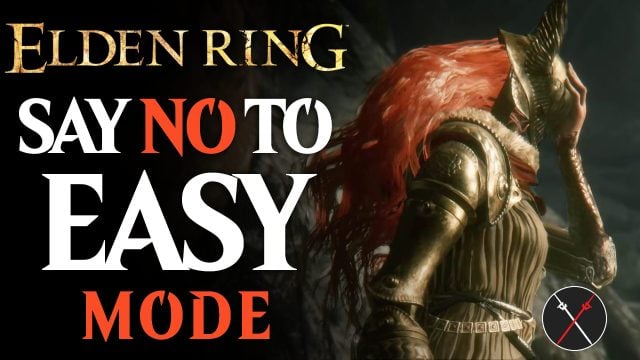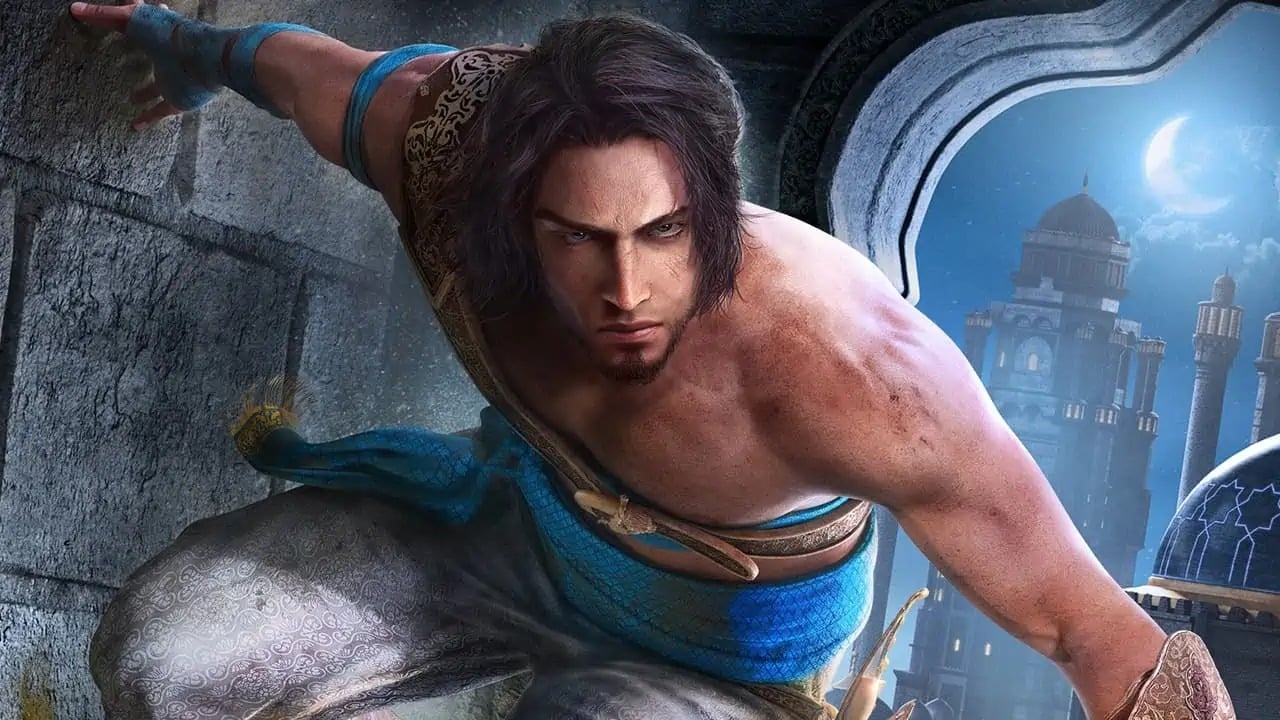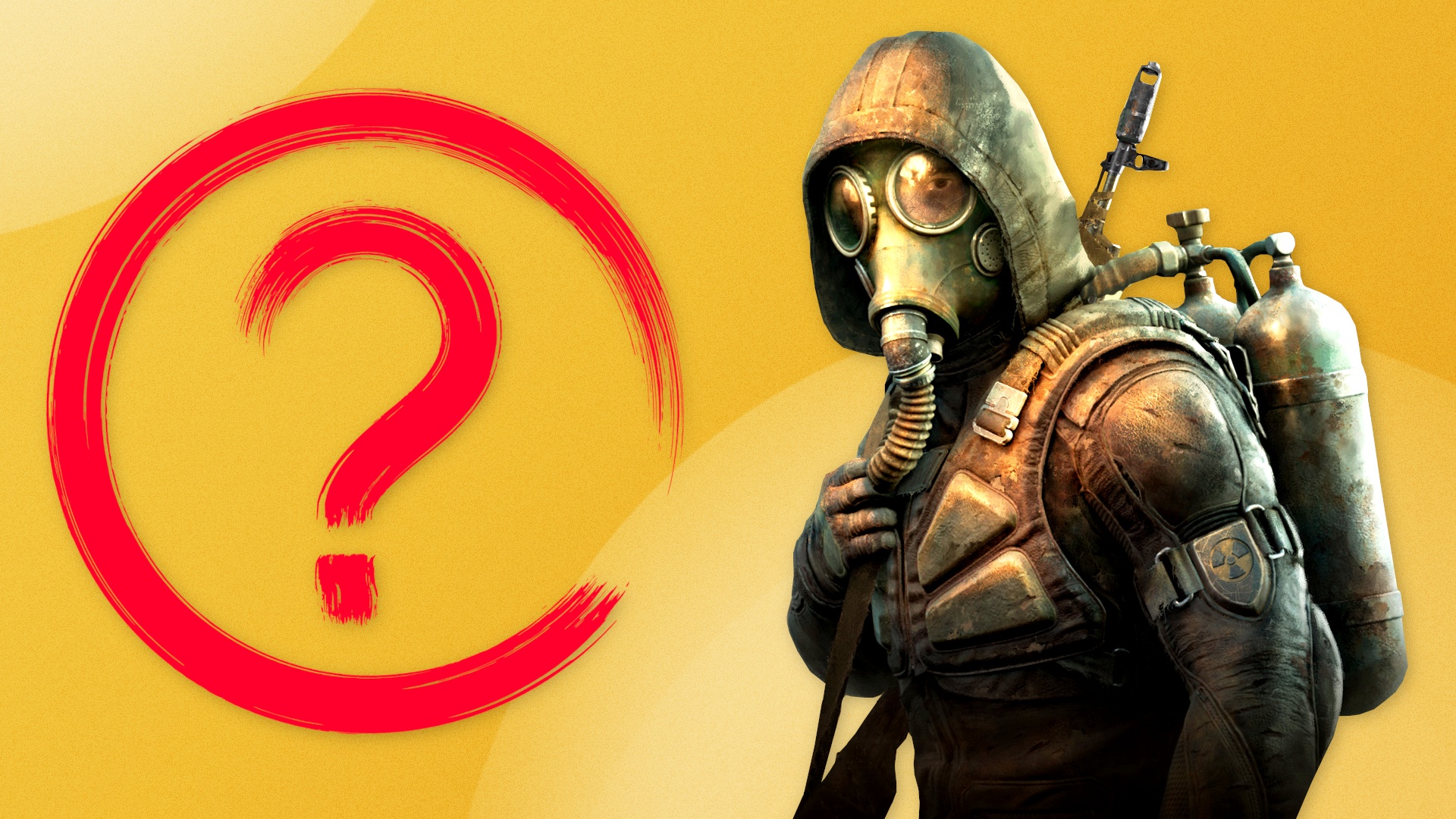With tons of new information swirling about From Software’s Elden Ring, and a release date being revealed, it seems to be that time again where some gamers and game journalists call for difficulty options to be added. “Will Elden Ring Have Difficulty Options?” “Why can’t the game have an easy and hard mode?”. We take on this questions and are thankful that, to date, none have been. In this article I want to discuss why adding difficulty modes to soul games is a terrible idea, and why I hope never to see difficulty options in future From Software Souls-like titles.

Elden Ring promises Exploration and danger in its open world
Elden Ring Doesn’t Need an “Easy” Difficulty, Here’s Why!
From Software games have always been historically challenging, almost “punishingly” so, some would even say, to the point that many players have returned their versions of earlier titles within hours of beginning them. That stigma of “too hard” has given rise to the argument that the games should be made easier, or explain more, so that this does not happen. And while no developer wants players to quit their game in frustration, never to return, making Souls and other Souls inspired games easier defeats the whole point.
Souls games have carved out their own subgenre separate from other Action and Roleplaying titles, and that new segment is rooted in the expectation of relentless challenge followed by a very rewarding feeling of triumph when you finally succeed. This formula is backed up by some of the best combat in gaming, if not the best, that allows players to push the boundaries of their perseverance and skill while never making them feel their deaths were not justified…well almost never…

Mounted Combat brings with it a new possible challenge
Difficulty vs Challenge
The challenge of Souls games is to understand the mechanics you are facing, and use any tool in your arsenal to overcome them. It doesn’t take exceptional Intelligence or Agility to do this, (though these might make it easier for you) it takes Wisdom, and that is simply acquired by playing. The more you play, the more you understand the rules and can begin to predict what will happen, and the more prepared you are for facing it. When people tell you to “Git Gud
The challenge of Souls games is therefore different from those of Ninja Gaiden or Devil May Cry, where you not only need this Wisdom, but you need the Agility (reflexes) to keep up with it, which you may or may not possess. In those games it makes sense to have a difficulty setting, because your reflexes are what they are, and you may never be able to finish those games on the harder difficulties if your physical reaction time cannot keep up.
It is clear that this game does not focus on failure but rather on the human approach to it. When faced with a challenge, when defeated, will you quit out in a rage or will you pause, consider your actions, and search for a solution? The latter will yield success as your reward. It is not about skill, it is not about finishing the level. It is about overcoming the challenge presented by the developers.
How to Make an Accessible Hardcore Game – 2013
Progressive Rogue-Like
It’s best to think of the Souls games as progressive Rogue-Likes, where you make it a little further and a little further each time. You are supposed to die in these games, and there are traps and enemies designed to kill you the first time you run into them. Why else would there be Mimics, Boulders, and those cleverly placed archers in Anor Londo?!?! These things have become community favorites because everyone has died there. EVERYONE!
Imagine if you played Hades or Returnal (great games), but they were easy, and you never really died much. Would they still be as fun? Would combat in those games still feel as good if you weren’t in danger of dying in nearly every scenario? The short answer is no they wouldn’t, because a huge part of what made those games so good was the feeling of progression as you got better and better and made it further and further. And that was primarily accomplished by having a difficult game to begin with.

Elden Ring Multiplayer will likely provide tools to overcome adversity
Learning From Your Mistakes
Director Hidetaka Miyazaki was keen to share the five development concepts that are the backbone of the Demon’s Souls sequel, Dark Souls:
“We have five key criteria on which the difficulty level is judged. We want any player to be able to clear any obstacle simply by learning from mistakes and paying close attention. Then, the reasons for failure must always be clear and understandable. Every problem must have multiple solutions, so that players can tackle it whichever way they want. The game’s controls can never be a factor from which difficulty is derived. And finally, we want to make sure that there’s the possibility for miracles to happen; those magical moments that spread stories outside of the confines of the game world.”
Speaking to Edge Magazine, March 2011
A big part of Souls games is learning from your mistakes, and you are expected to make them. No one will laugh at you for dying in a Souls game, and you shouldn’t feel badly for dying. It’s all part of the process. Souls games are designed for you to make lots and lots of mistakes, but to also absorb the information from each and every one, and then take that and apply it to your next attempt.
Doing this takes some perseverance, and it is not uncommon to get frustrated at times while dying, but this is true for many games, not just From Software titles. And, I think most Souls fans would agree, that the pay-off from success always outweighs any initial frustrations they might have had. Additionally, it’s quite easy to assign blame to a game when you make a mistake, but what I love about From Software games is that their combat is so well done, you really can’t blame anyone but yourself for dying. And that is a good feeling because if YOU failed, YOU can fix it.
Creativity and Freedom
One of the reasons I love to play challenging games, not just Souls games, is because it can really push your thoughtfulness and creativity as a person. There are so many different ways you can tackle problems in From Software games, and figuring out what works best, or what works best for you is like solving a puzzle. There is actually a huge psychological fortitude element to the Souls games that is not often discussed, and creative freedom is not something you generally hear when talking about Souls games.
On top of that, a lot of the fun is actually finding out what you are made of. Being challenged does not mean misery and pain for everyone, and many players thrive and get better when they are faced with adversity, not unlike real life. Easy is a deceptive route tempting you to take a shortcut similar to winning a race because nobody else showed up: it cheats you out of the opportunity to succeed.

Taking on challenging enemies and winning is extremely rewarding
Camaraderie and Community
Another aspect that I think inadvertently sprang up due to the challenge is the sense of camaraderie and community that these games have. There are moments that every player shares in common, including the rush of victory when you finally defeat a challenging Boss.
What having a single difficulty does is determine an absolute law and EVERYONE is equal. Thus, we are all forged in the fires of having to figure out how to beat the Capra Demon, creating a group that not only understands one another, but also empathizes with the personal journey of other players as we have all lived the same thing–or died. Sharing the feelings of despair or accomplishment with each other is one of the foundations of the Souls community that has made it so remarkably resilient and renowned across all gaming.
The challenge and obscurity of the titles encourages players to come together to figure out tactics, hidden mechanics, optimized approaches and secrets. There are whole Discords, websites, gaming channels and so on that exist just to help players get through and feel that sense of accomplishment that is so beloved by many. The Fextralife Souls wikis came to life after critics snubbed Demon’s Souls as “too difficult”, and players came together to help each other overcome the challenge of the content. The Elden Ring wiki will be no different, giving everyone access to the information that they need to beat the game, without needing a difficulty setting to auto-win the game for them.

Potboy memes appear out of nowhere from the strong Souls Community
Final Thoughts
In essence, the whole debate about difficulty can be summed up in one question: “Does it make the game better or worse to have a difficulty option?” And for me that is an easy answer.
“Easy Mode” is used interchangeably with accessibility but that does not always mean better for everyone or anyone. For example a lot of players would even argue that Dark Souls 3 was dangerously close to becoming too “accessible” simply because there were so few new mechanics to uncover and the challenging boss encounters were optional. This diminished the community feel of accomplishment that titles like Demon’s Souls and Bloodborne brought home so well.
It is often assumed that accessibility generally increases sales, but sales is not always a good metric for quality. If more people buy a 7/10 game than a 9/10 game who really wins here? Is this not how you end up with cookie cutter games that come out seemingly every year from you-know-who studios? If you remove the challenge of souls games, aren’t you in essence just an interactive novel semi-passive spectator?
What do you guys think? Did we get it right? Do From Software games need a difficulty option? Or am I insane for thinking they should never add one? Let us know in the comments below!
For all the details, gameplay trailer and details announced for Elden Ring at Summer Game Fest 2021 be sure to read/watch next Elden Ring Gameplay,Release Date, Screenshots Revealed At Summer Games Fest 2021. Want to see our reaction? Check out this priceless clip of when Elden Ring was revealed during our Twitch stream. If that’s not enough you can check out our Elden Ring Gameplay Impressions right here. You can also find out about Elden Ring Pre-Order Editions here.
Table of Contents








